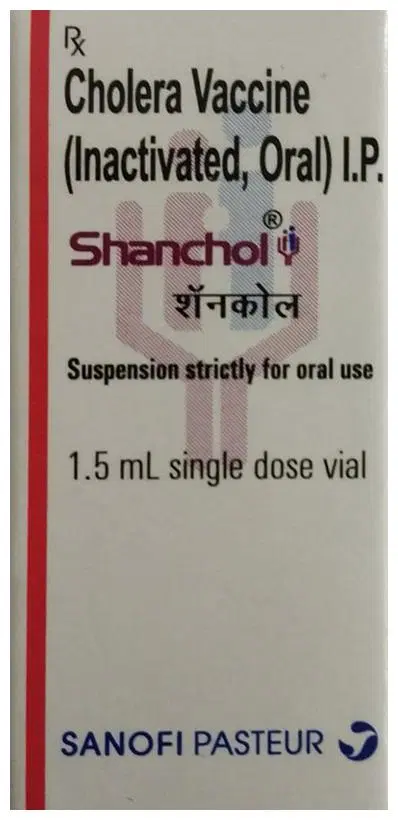Cholera Vaccine
The Cholera Vaccine is a medical substance designed to prevent infection by the bacterium Vibrio cholerae, which causes the acute diarrheal disease known as cholera. This vaccine is typically administered to individuals traveling to or living in areas where cholera is endemic, as well as to those who may be exposed to contaminated water or food.
The vaccine works by stimulating the body’s immune system to produce antibodies against the cholera toxin, providing immunity against the disease. There are two main types of Cholera Vaccines available: the inactivated whole-cell vaccine (Dukoral) and the live, oral, bivalent recombinant subunit vaccine (Shanchol). Both vaccines have been proven effective in reducing the risk of cholera infection.
Dukoral, for instance, contains both the whole-cell inactivated cholera vaccine and a non-toxic derivative of the cholera toxin, which together provide broad protection against cholera. This vaccine is typically administered in two doses, with the second dose given at least one week after the first.
Shanchol, on the other hand, is a live, oral vaccine that targets two serogroups of Vibrio cholerae: O1 and O139. It is administered in two doses, with the second dose given at least two weeks after the first. Shanchol has been shown to provide protection against cholera for at least six months after the second dose.
While the Cholera Vaccine significantly reduces the risk of cholera infection, it does not provide complete protection. Therefore, individuals vaccinated against cholera should still take precautions to avoid exposure to contaminated water and food, such as drinking only bottled or treated water and eating only thoroughly cooked food.

Showing the single result
Showing the single result

